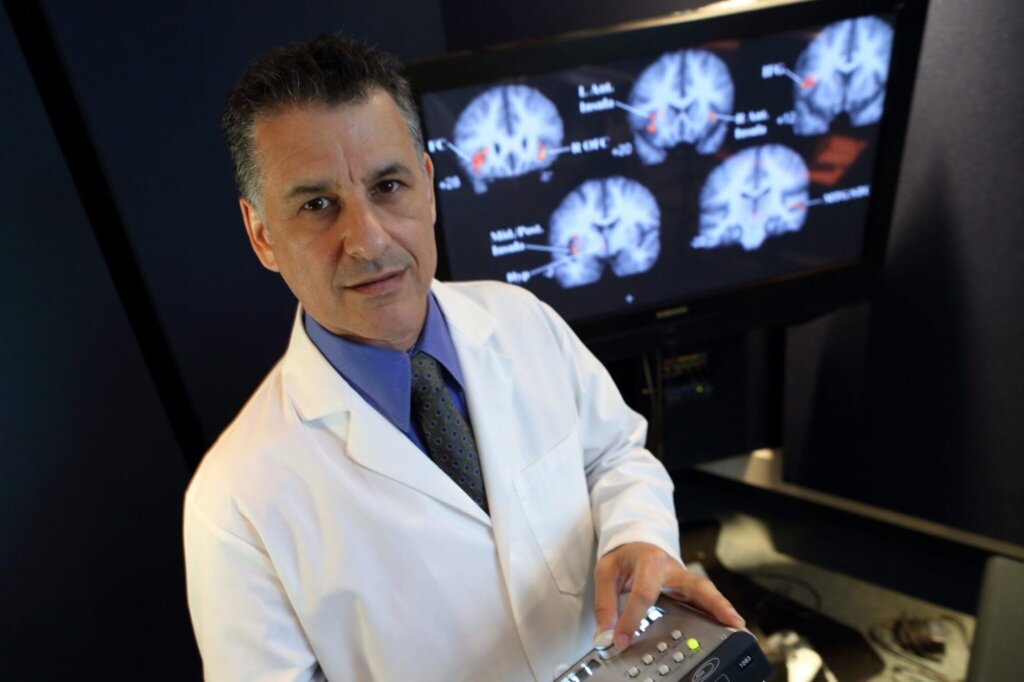Home » What Science Reveals About the Potential of Music as Medicine
What Science Reveals About the Potential of Music as Medicine

Neuroscientist Dan Levitin emphasizes the transformative power of music, illustrating how it can profoundly impact health outcomes. In his recent book, "I Heard There Was a Secret Chord," he explores the scientific evidence supporting music's therapeutic properties for various conditions including Parkinson’s disease, mood disorders, and PTSD. Music engages the brain holistically, activating multiple areas responsible for rhythm, melody, and lyrics, which can stimulate different neural circuits that positively influence cognitive functions and emotional well-being.
One compelling implication of this research is the ability of music to aid individuals who have lost their speech ability, such as Congresswoman Gabrielle Giffords, who regained her capacity to communicate through singing. Here, music acts as a bridge, utilizing alternate pathways in the brain that process song lyrics differently than spoken words. This innovative approach provides hope for people facing communication barriers due to neurological impairments.
When discussing music's role in medical treatment, Levitin clarifies that it is not merely an alternative therapy but rather a scientifically-backed intervention that can enhance health outcomes. For instance, in Parkinson’s patients who struggle with movement, rhythmic music that matches their natural gait can prompt brain circuits, allowing them to walk smoothly even after the music stops. This reaffirms the potential of music as a powerful tool in rehabilitation.
Levitin highlights music's unique ability to activate long-dormant memories, which is particularly valuable for dementia patients. Familiar songs can trigger memories even when individuals may not recognize their surroundings or loved ones, reinforcing music's connection to identity and memory.
While the concept of prescribing music as medicine is intriguing, Levitin notes that we are not yet at a stage where specific music prescriptions can be standardized. Current science allows for self-medication through music; however, there is a critical need for music therapists who can assist individuals in identifying the right music for their emotional and psychological needs. The future may see a combination of AI assessments analyzing personal music preferences alongside biometric feedback, enabling a more tailored therapeutic experience.
Despite the potential of technology in this realm, Levitin raises concerns about the integration of AI in music therapy. Music is an inherently personal experience, and forced music exposure can detract from its benefits. He recalls how unwanted music has historically been used as a form of psychological warfare, underscoring the importance of patient willingness in music therapy settings.
Levitin is optimistic about advancements in the intersection of music, medicine, and technology. He envisions a future where AI can swiftly analyze individual responses to music and curate personalized playlists that cater to therapeutic goals like stress reduction or improved focus. With current methods achieving around 75% accuracy in matching beneficial music to individuals, the efficiency afforded by AI could revolutionize the field.
Ultimately, music offers a profound connection to our emotions and experiences. As research continues to unfold, Levitin advocates for a future where music's therapeutic potential is fully recognized and harnessed for improved health outcomes.
MaRS Discovery District
https://www.marsdd.com/
MaRS is the world's largest urban innovation hub in Toronto that supports startups in the health, cleantech, fintech, and enterprise sectors. When MaRS opened in 2005 this concept of urban innovation was an untested theory. Today, it’s reshaping cities around the world. MaRS has been at the forefront of a wave of change that extends from Melbourne to Amsterdam and runs through San Francisco, London, Medellín, Los Angeles, Paris and New York. These global cities are now striving to create what we have in Toronto: a dense innovation district that co-locates universities, startups, corporates and investors. In this increasingly competitive landscape, scale matters more than ever – the best talent is attracted to the brightest innovation hotspots.


